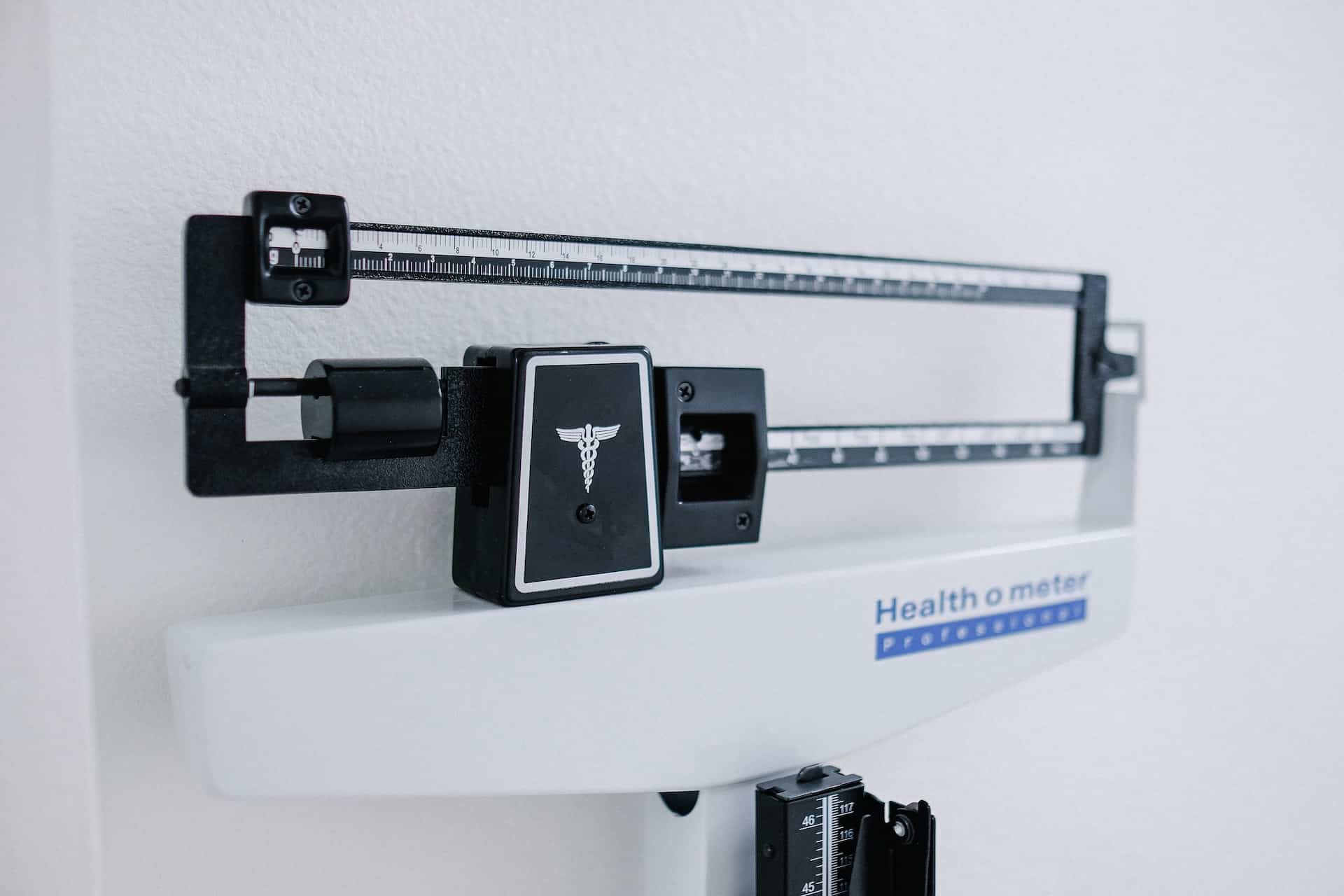“But I’m Hungry”… it’s a familiar refrain for most anyone who has tried a diet of any kind where you have to restrict the amount of food you eat. Alas, discover the myriad of diets which focus less on the number of calories but more on the balance of calories.. the types of food you eat and when you eat them.
Years ago I had a trainer who always said losing weight is less about the hours in the gym and more about what you put in your mouth.. which leads to the great information you should know here about PROTEIN and the fact that “dietary protein is one of the key levers in a diet that increases the likelihood of someone’s ability to lose weight”. A brief but helpful definition of Protein and how your body uses it is followed by understanding how much you need to consume in order to lose weight – and it’s much more protein than you would have imagined!! If you want to lose weight, you can use this formula:
Take your current weight and divide it by 2.2 to get the kilograms, then multiply that by 1.2 to get the grams of protein you need to consume daily (for example: 150 lbs / 2.2 = 68.1 kilograms x 1.2 = 81.7 grams of protein!) As you lose weight, you can adjust your formula. This method is highly successful because 1) more protein makes you feel full longer and therefore less hungry throughout the day, 2) a higher protein intake preserves muscle mass vs a lower protein intake – which is even more important as we age and muscle mass declines, and 3) “in order for protein to be stored as fat, it goes through a much different biochemical process than either carbohydrates or protein.” It is much harder for the body to store protein as body fat, therefore if you eat much more protein daily, and much less carbs & sugars, your weight loss is easier!
Seniors who are struggling with being overweight have also heard about the Intermitten Fasting method which is to condense your eating within eight hours of the day. The benefits of intermittent fasting could result in weight loss and reduced risk of some diseases; however, Seniors who must take their medications with food would have a difficult time with this. Imbalances in potassium and sodium could occur when fasting, which could impact those who are on blood pressure or heart medications.
In any case, it is always wise to check with your Doctor to decide which method is best for you, based on your personal regime, medications, and any other issues. Either way, now you can enlighten your friends and family with these fun facts to share about Protein!

